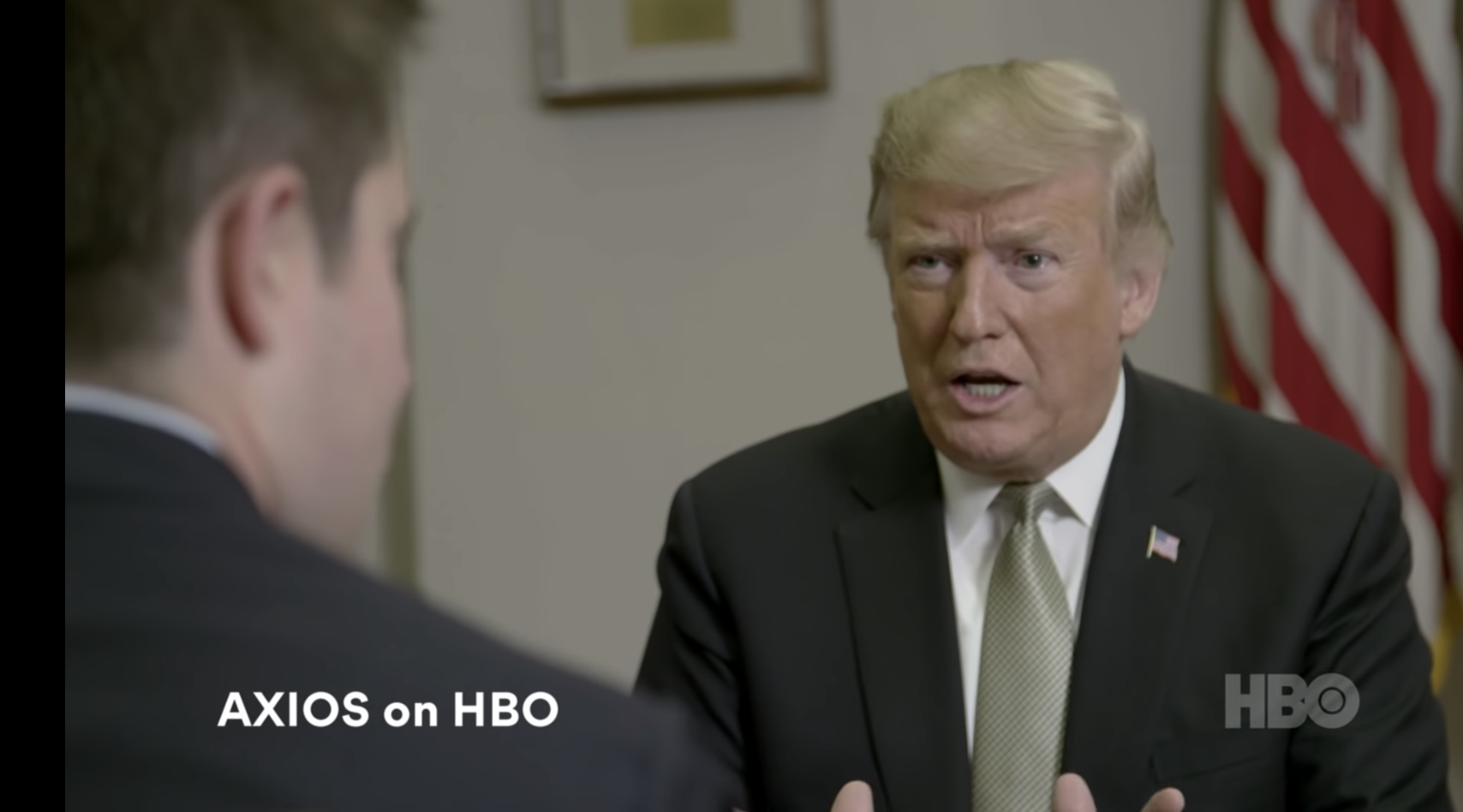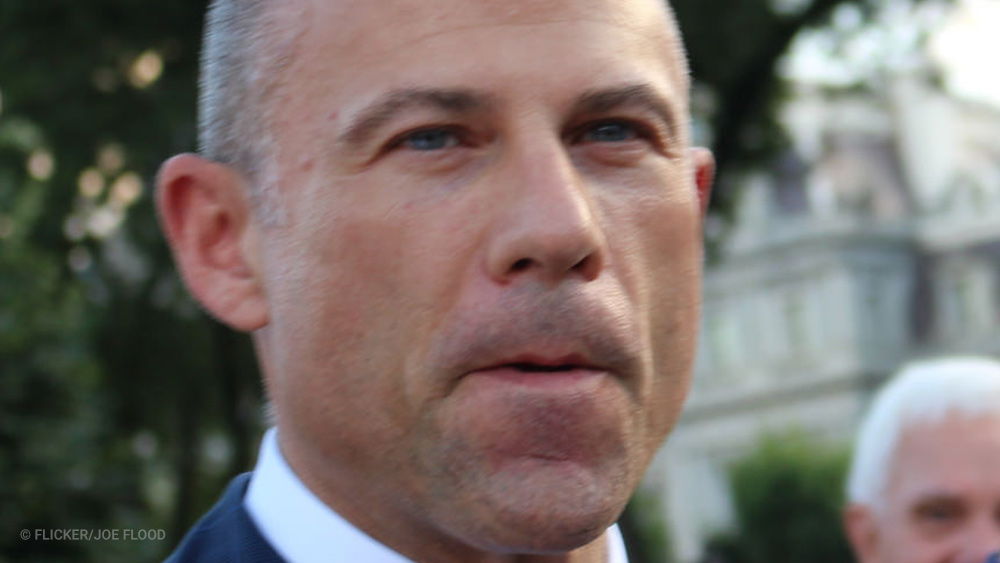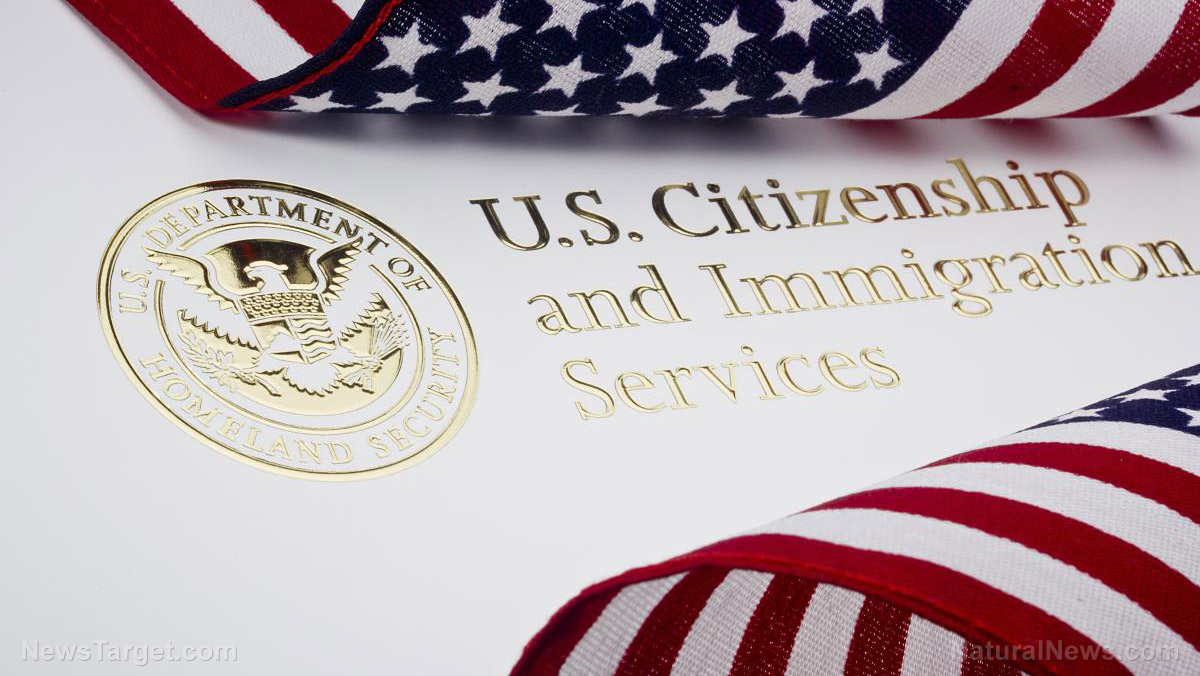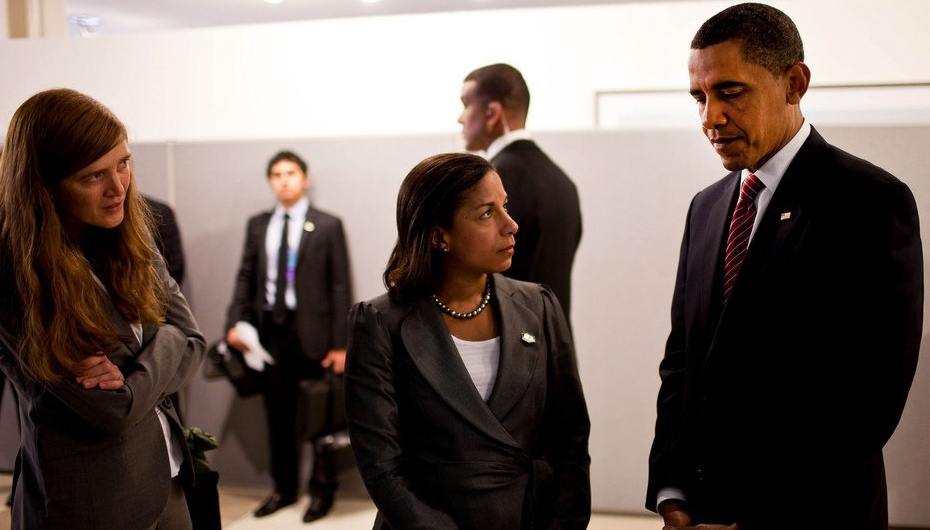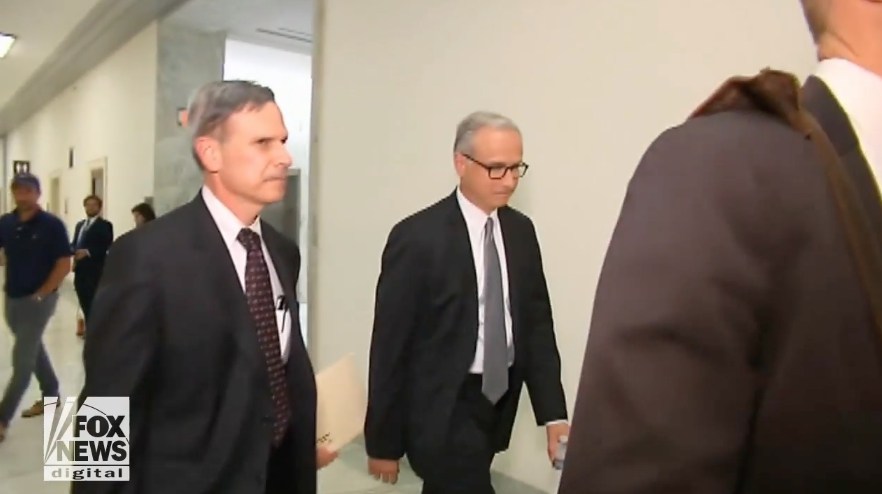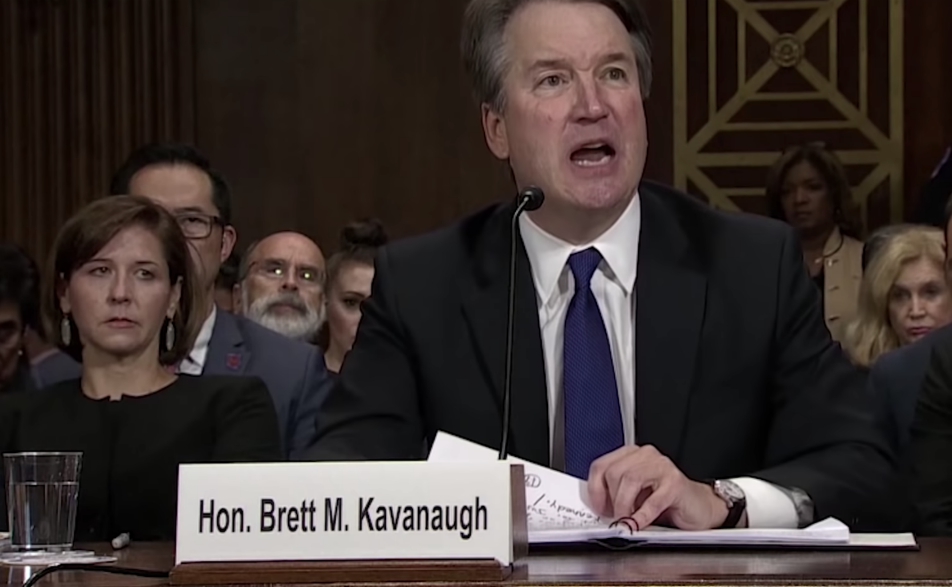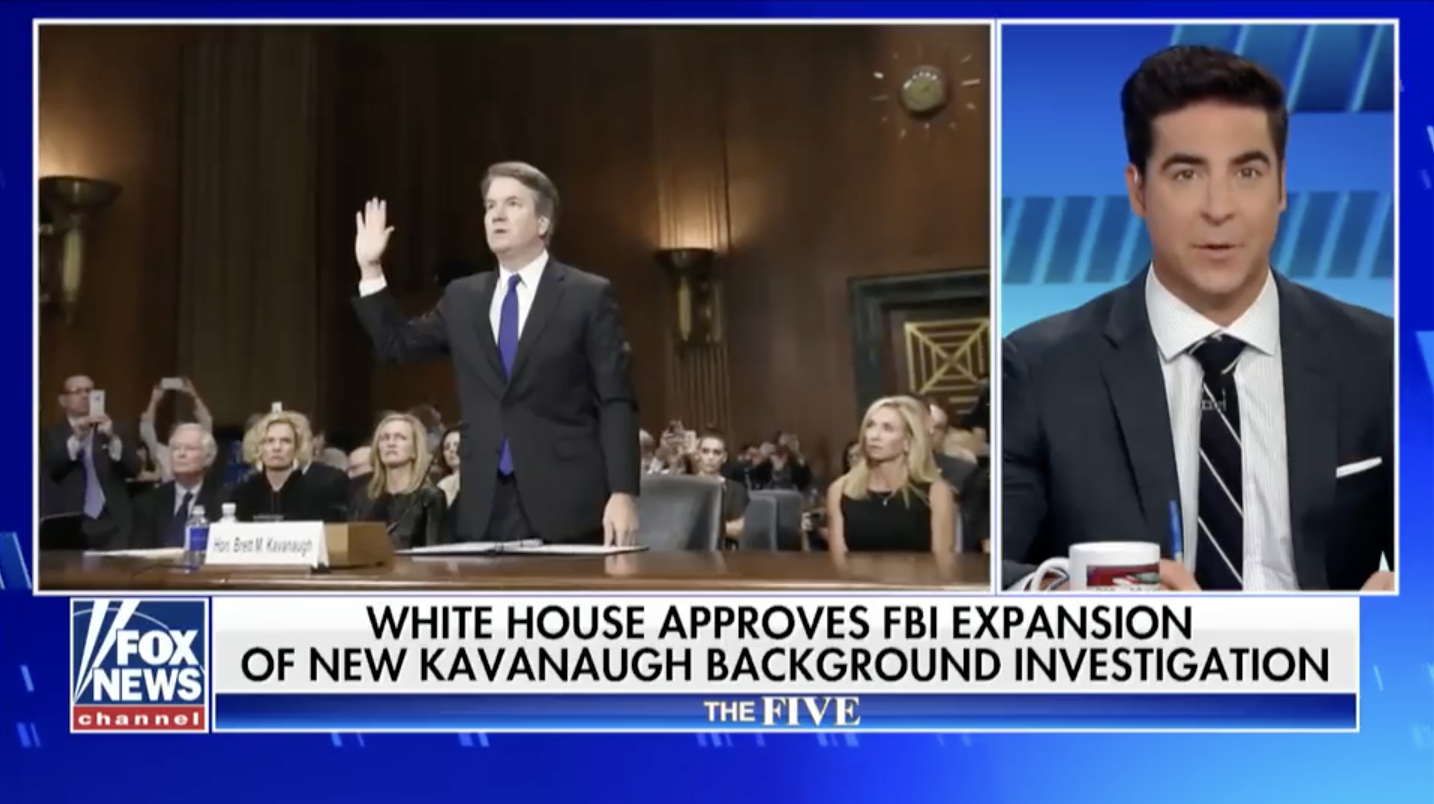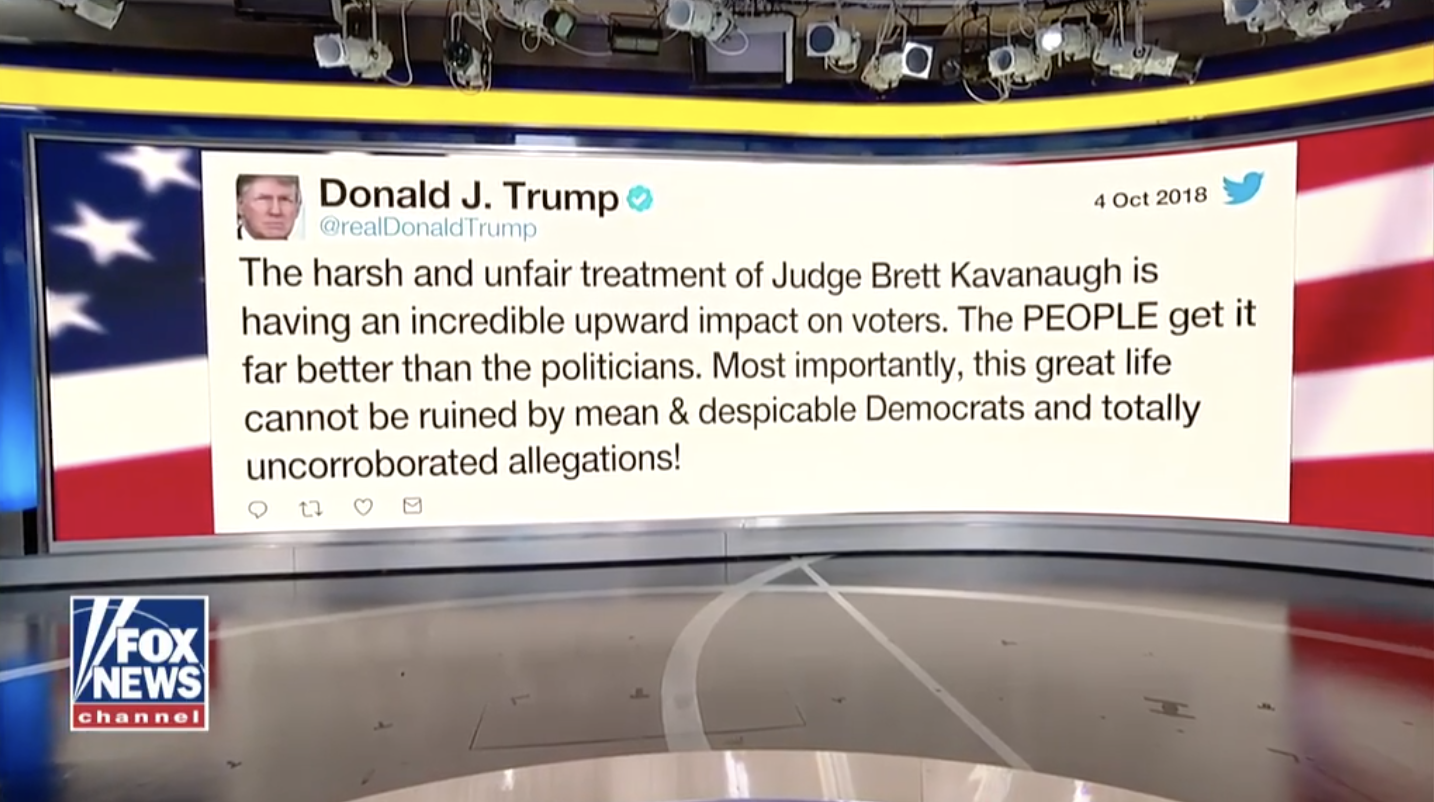Criminal INTENT: That time James Comey should have been busted for mishandling classified information
07/10/2017 / By JD Heyes
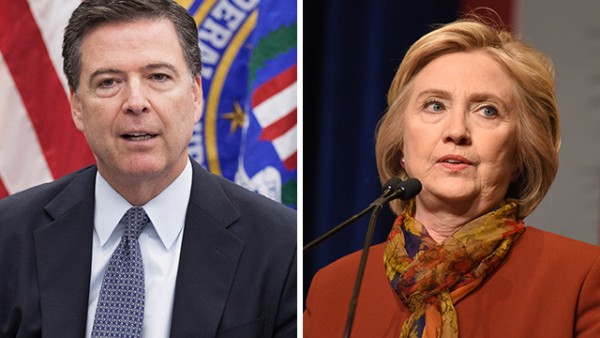
About a year ago, then-FBI Director James Comey stood at a podium in Washington, D.C., and gave a shocking, and very unusual, press conference.
After providing details outlining all the times his agents found then-leading Democratic presidential contender Hillary Clinton committed gross negligence in her criminal mishandling of classified information, he then went on to state that since agents could not find any evidence that Clinton intended to break the law, “no reasonable prosecutor” would take her to court.
Bad as that outrage was, imagine how much worse it’s going to be if Comey — now believed to have himself mishandled classified information — is also allowed to skate. (RELATED: James Comey’s Criminal Affiliations With The Clinton Cartel Unveiled)
As reported by The Hill, which is generally protective of the elite and especially Democrats, more than half of the memos that Comey wrote as his personal recollections of conversations he says he had with President Donald J. Trump have been found to have contained classified information:
This revelation raises the possibility that Comey broke his own agency’s rules and ignored the same security protocol that he publicly criticized Hillary Clinton for in the waning days of the 2016 presidential election.
Last month the fired FBI director told a Senate panel that he believed the memos to be his own personal documents, and that at least one of them had been shared with a friend for the express purpose of having it a) leaked to the media (it was); and b) to trigger the Justice Department to appoint a special counsel to investigate “Trump-Russia collusion” (it did — and the man named to head that investigation is none other than close Comey friend and former FBI Director Robert Mueller, who has been busy hiring lawyers with ties to Democrats).
“So you didn’t consider your memo or your sense of that conversation to be a government document?” Sen. Roy Blunt, R-Mo., asked Comey on June 8. “You considered it to be, somehow, your own personal document that you could share to the media as you wanted through a friend?”
“Correct,” Comey answered. “I understood this to be my recollection recorded of my conversation with the president. As a private citizen, I thought it important to get it out.”
But there are problems with that answer. First of all, the FBI has found that four of seven memos Comey took with him after he left the Bureau contained classified information. Secondly, under the FBI’s own rules, no employee can release any classified information or information pertaining to ongoing sensitive operations without written permission from a higher-up. And finally, the Bureau considers all records created during the course of official business as belonging to the government, The National Sentinel reported.
“Unauthorized disclosure, misuse, or negligent handling of information contained in the files, electronic or paper, of the FBI or which I may acquire as an employee of the FBI could impair national security, place human life in jeopardy, result in the denial of due process, prevent the FBI from effectively discharging its responsibilities, or violate federal law,” states the agreement all FBI agents sign.
Also, it says, “…All information acquired by me in connection with my official duties with the FBI and all official material to which I have access remain the property of the United States of America” and that agents “will not reveal, by any means, any information or material from or related to FBI files or any other information acquired by virtue of my official employment to any unauthorized recipient without prior official written authorization by the FBI.”
Comey has since turned over his memos to Mueller, though The Hill noted that congressional investigators had already begun examining whether the former director broke FBI rules in the creation, storage and sharing of his memos. Now, with the addition of classified information thrown into the mix, that gives investigators a whole new avenue to sort out.
Either our national security statutes apply equally to all Americans, or should not apply to anyone. This is something the Trump administration will have to correct.
J.D. Heyes is a senior writer for NaturalNews.com and NewsTarget.com, as well as editor of The National Sentinel.
Sources include:
Tagged Under: classified information, FBI, Hillary Clinton, James Comey, national security, Obama Administration


